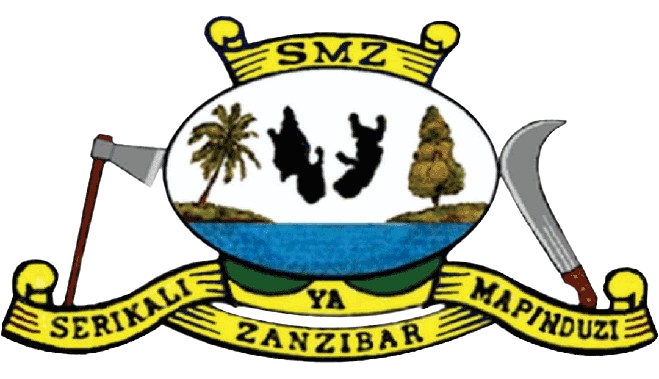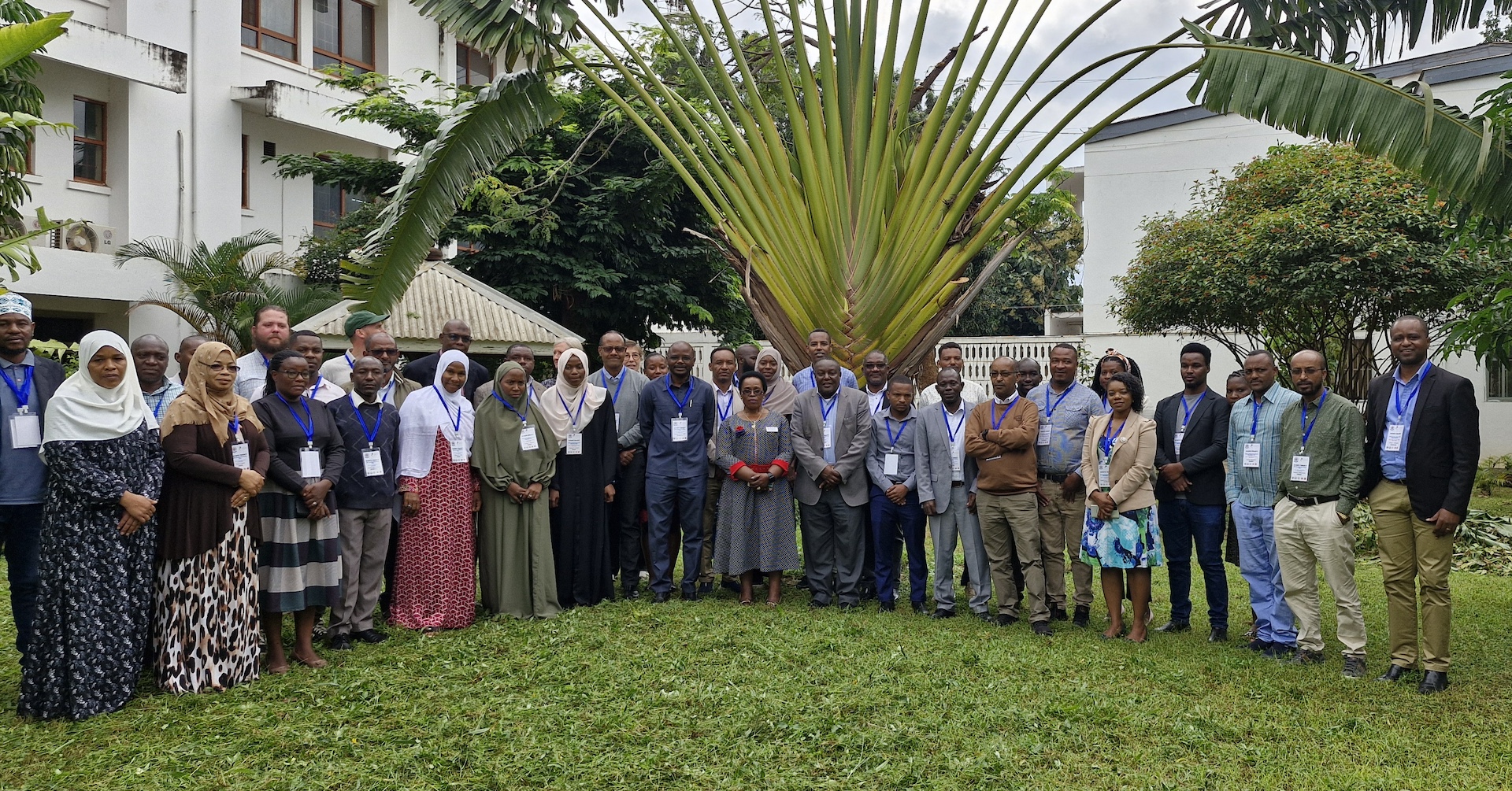A comprehensive training session was conducted to enhance the capabilities of researchers and academicians from SCCOPET partner universities, including The State University of Zanzibar (SUZA), Jimma University (JU), Kilimanjaro Christian Medical University College (KCMUCo), and the University of Copenhagen (UCPH). The training covered various crucial aspects of online and blended learning, ensuring participants are well-equipped to design, implement, and disseminate educational content effectively.

The training program focused on enhancing online and blended learning (OBL) by covering a range of essential topics. It began with a discussion on the current status and implementation of OBL, identifying best practices and areas for improvement. Participants were then introduced to effective learning and instructional design principles, equipping them with the skills to create structured and impactful online and blended courses.
The program also explored the use of Artificial Intelligence (AI) in teaching and learning, particularly in developing MCQs and case scenarios. This session showcased innovative ways to enhance the teaching process through AI. Participants were provided with strategies for effectively communicating their research findings to journalists, aiming for broader outreach and public engagement.

Design skills were also a key component of the training. Participants learned the fundamentals of designing compelling campaign posters and fliers to promote their research and educational activities. They were also introduced to the creation of graphic abstracts, enabling them to visually summarize their studies for better comprehension and dissemination. Best practices for designing scientific posters were discussed, focusing on clarity, visual appeal, and effective communication of research findings.
Social media was highlighted as a powerful tool for disseminating research findings. Participants were trained on leveraging various platforms to engage with a broader audience and enhance their online presence. The training concluded with a session on planning and scriptwriting for educational and research videos, ensuring a structured approach to video content creation.

Overall, the training successfully equipped participants with the skills and knowledge necessary to enhance their online and blended learning initiatives. By focusing on instructional design, quality assurance, interactive content creation, AI integration, and effective dissemination strategies, the program empowered researchers and academicians to improve their teaching methodologies and broaden the impact of their research.


